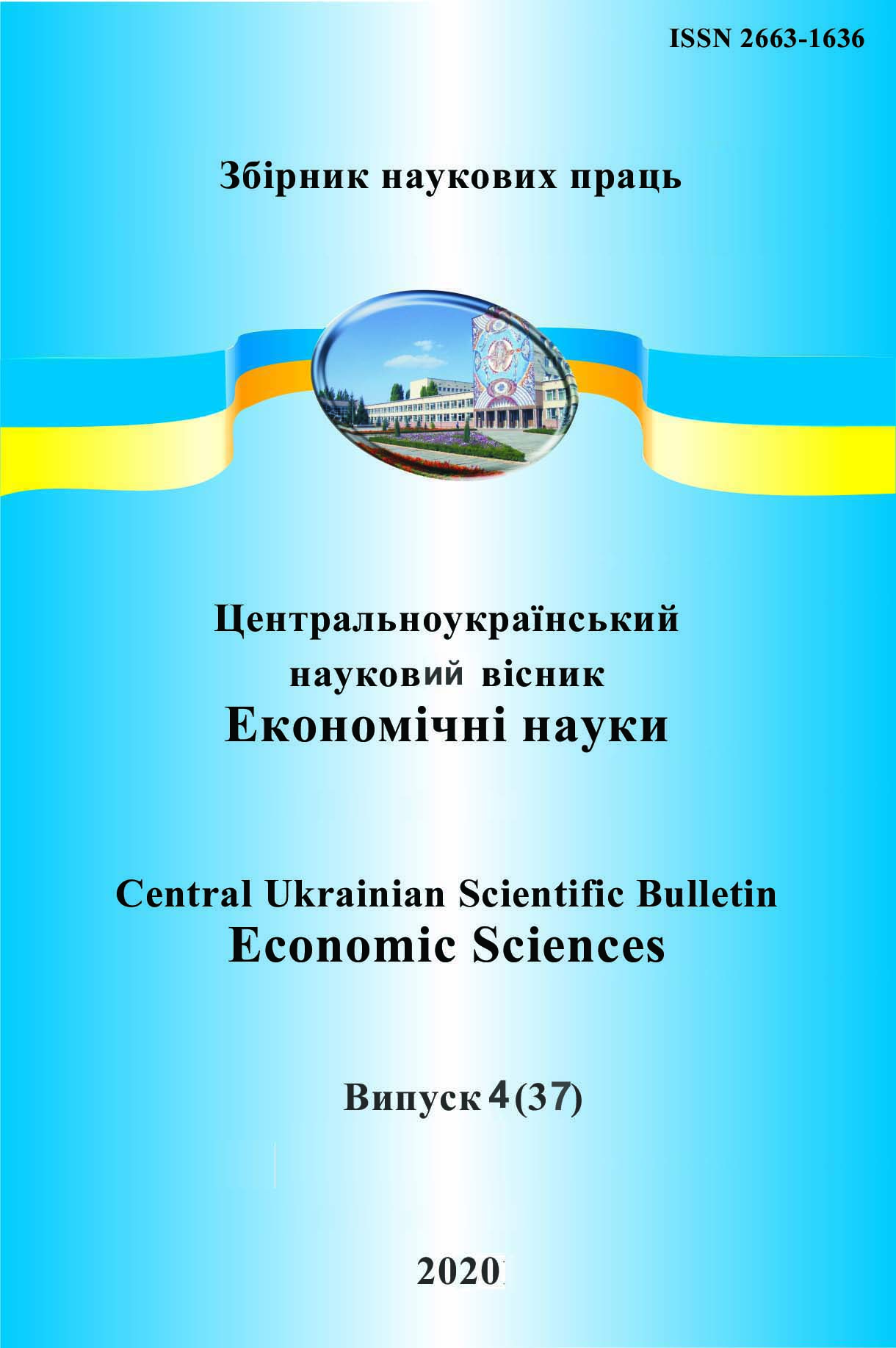Розвиток людського капіталу в умовах становлення креативної економіки
Human Capital Development in the Conditions of Creative Economy
Author(s): Iryna Kalenyuk, Nataliya KuznetsovaSubject(s): National Economy, Sociology, Economic development, Human Resources in Economy, Globalization, Socio-Economic Research
Published by: Центральноукраїнський національний технічний університет
Keywords: intellectualization; creative economy; human capital; creative human capital;
Summary/Abstract: The purpose of the article is to determine the main features of human capital development, the formation of its new quality in creative economy. Creativity and intellectualization of social development influence the formation of a new structure of the national economy, where “creative industries” appear, based on the creative abilities, skills and talents of people capable of influencing economy through personal intellectual property. This means that human capital is becoming a key factor in the formation and development of the creative sector of national economies.The authors substantiate the role and significance of creative economy from two positions. It is viewed as a sector of the economy that unites industries based on creative activity determining success and dynamics of their development, and the formation of a favourable environment for the creative sector has a significant impact on economic growth. It is also considered as a system of socio-economic relations dealing with the formation, development and use of creative human capital, which is the core of creative economy.In the context of the formation and development of creative human capital, the role of education as an important social institution is highlighted. The necessity of introducing the concept of continuous education on the basis of open access to educational resources through the Internet, formation of local and global educational spaces and networks through the system of distance learning in the cultural and creative sectors and the need to develop business education and STEAM education to train professionals in creative industries are substantiated. The authors point out that in the conditions of digitalization of social development modern education should acquire signs of creativity, actively integrate into the environment of creative business and science and interact with them. The main function of the education of the future should be training of creative human resource capable of meeting global challenges and flexibly adapting to a rapidly changing business environment.Training and development of highly-professional creative human capital should become one of the country’s priorities in the context of creative economy formation.
Journal: Центральноукраїнський науковий вісник. Економічні науки
- Issue Year: 2020
- Issue No: 4 (37)
- Page Range: 77-85
- Page Count: 9
- Language: Ukrainian

